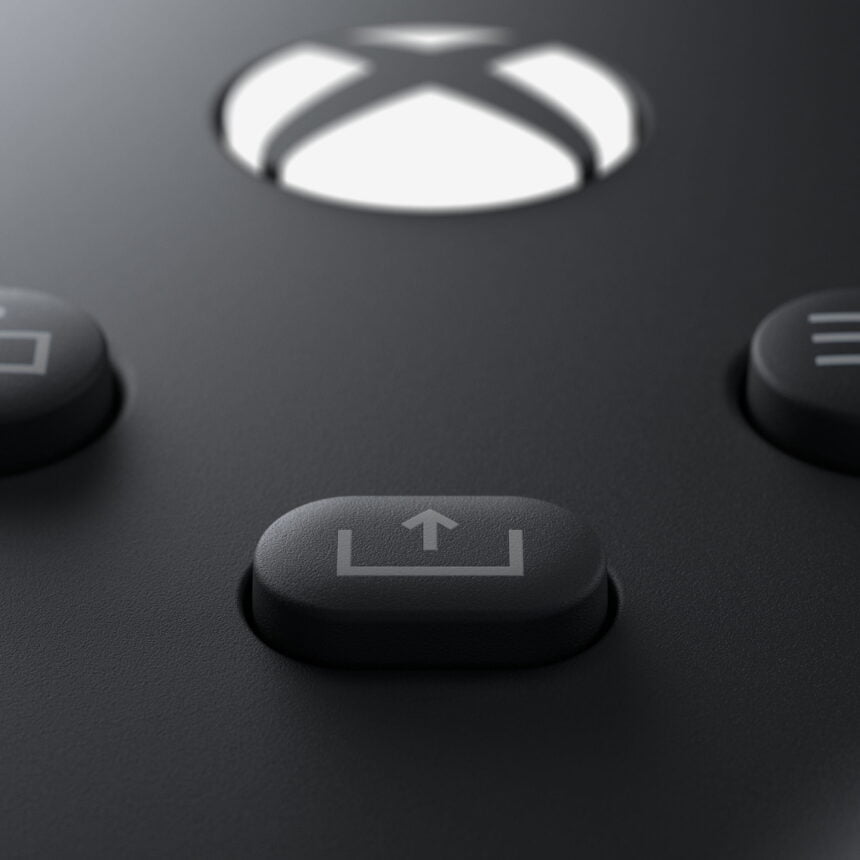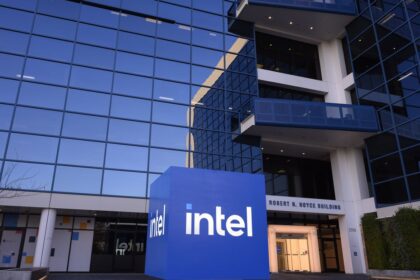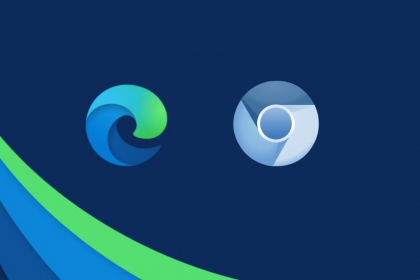Per Windows Central’s Jez Corden, Microsoft dissolved its Xbox division for physical game distribution amidst layoffs. However, Xbox isn’t fully abandoning discs – they may outsource manufacturing but deprioritize in-house production.
The move aligns with Xbox’s digital-first trajectory, epitomized by the disc-less Xbox Series S and content-rich subscription service Game Pass.
As Xbox bolsters its flagship cloud gaming offerings, physical releases receive less strategic emphasis than last-gen. While unlikely to go away entirely, discs seem destined to play a diminishing role as Xbox continues pivoting its gaming vision to online services and access.
With major single-player IP and Game Pass growth driving the brand, the shuttering of internal Xbox physical operations signals planned obsolescence for the format in favor of streaming and downloads.
What does this mean for the future of physical games?
Microsoft’s move mirrors a broader industry shift towards all-digital game distribution. Increasingly, major releases forego physical copies altogether – offering streaming or downloads exclusively.
This digital-first model provides advantages like lower production/distribution costs for studios and quicker, more convenient access for gamers.
However, discs still hold collector appeal and sentimental value for players who relish tangible libraries. Moreover, dependence on internet connections and platform servers carries risks, as outages can obstruct access.
These dynamics fuel debates around game ownership and preservation in an era of ephemeral digital licenses versus durable physical media. As major holders like Xbox go digital-only, they must address growing consumer concerns around longevity and vulnerabilities innate to cloud-reliant services.
Ensuring continued access poses challenges amidst a push towards streamed convenience over owned collectibility. Microsoft’s decision may cater to evolving gamer habits but risks alienating those still partial to physical releases.
What do the players think?
The debate over physical versus digital games persists among gamers. While some laud the convenience and breadth of all-digital libraries, others consider physical games integral for preserving gaming history and culture.
Ubisoft recently stoked controversy by proclaiming the industry must go fully digital, insisting gamers accept not truly owning titles. This declaration spawned backlash and anxiety around the future of physical media.
As influential publishers push downloadable-only access often tied to DRM restrictions, apprehension mounts over losing consumer ownership rights versus tangible games. Fears abound that corporate greed for recurring revenues could gradually phase out physical releases should consumer tolerance grow.
For collectors and enthusiasts who value display pieces, Ubisoft’s remarks represent another worrying sign of inevitable obsolescence as priorities shift to subscription models over one-time purchases. There are concerns that gamer agencies will diminish within all digital ecosystems designed chiefly to drive engagement metrics over the perpetuation of gaming heritage.
What options are there for physical lovers?
Despite the momentum behind digital distribution, options remain for physical media fans. Console makers like Microsoft continue selling disc-drive models, exemplified by the Xbox Series X, supporting physical and downloaded games. Nintendo also maintains strong physical sales through exclusive releases and special editions.
Boutique publishers like Limited Run Games and Super Rare Games also cater to the collector market – producing limited physical runs of digital-only games with extras. So, while leading publishers emphasize digital, niche players fill a demand for tangible releases.
Physical games seem unlikely to disappear entirely, though their relevance and accessibility continue declining industry-wide. Games undoubtedly trend toward an all-digital future overall. Yet, so long as fans cherish tangible media, smaller publishers will likely persist in serving that niche – keeping physical’s flame alive if primarily in specialty releases.
As giants like Xbox go download-centric, the biggest threat looms over standard physical editions. But with retail still meaningful for platform holders like Nintendo and independent outfits focused on collectors, glimmers of hope remain for persisting physical media even as its mainstream moment passes.











